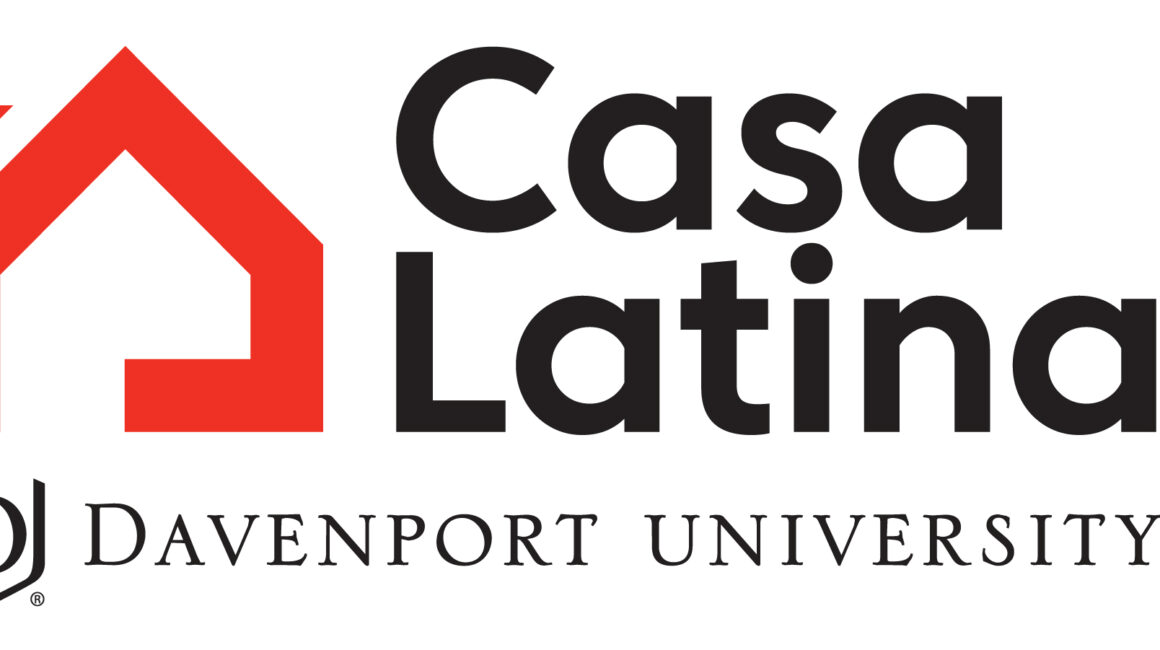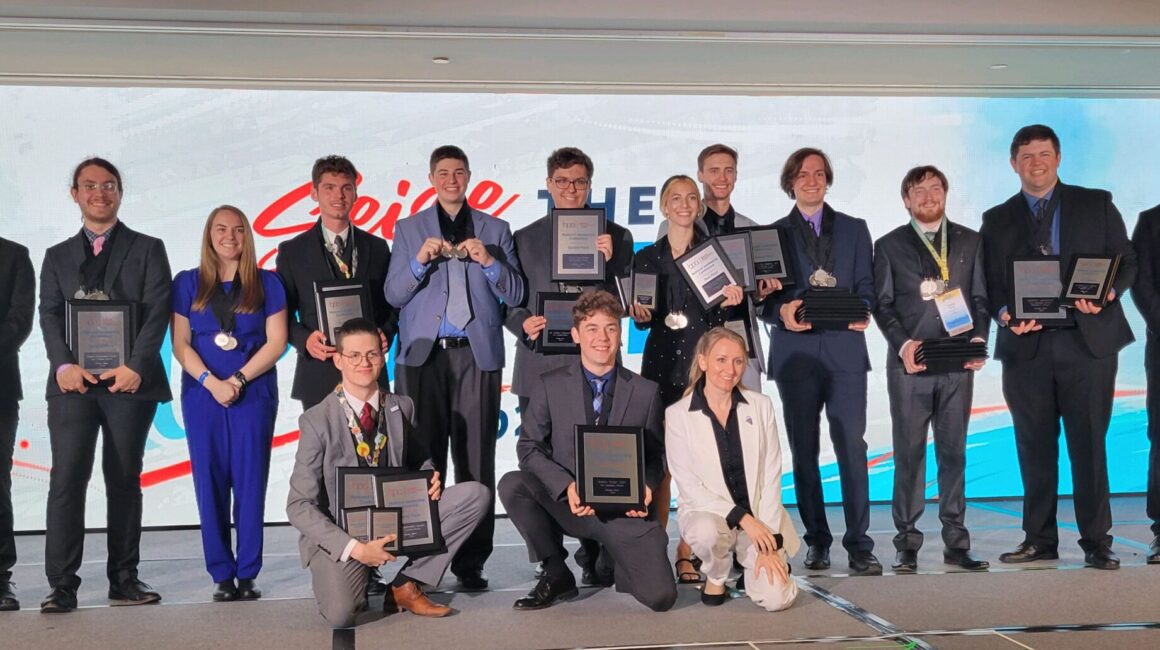
One educator seeks to inspire his urban classroom by applying his training from the College of Urban Education
As public schools fight to provide foundational education opportunities for urban students, Davenport University equips educators with the resources necessary to help these students achieve academic success.
Derrick Martin, a secondary English Language Arts teacher to juniors and seniors at Grand Rapids Preparatory Academy, enrolled in the teaching certification College of Urban Education program in the fall of 2018. Before taking classes, he worked at the academy as a long-term substitute teacher and as a campus supervisor and a treatment specialist at Wedgwood Christian Services, a mental and behavioral health organization. There he provided supervision, counsel and care to children in the facility.
“I would leave Wedgwood at 7:00 a.m. with enough time to get to Grand Rapids Preparatory Academy by 7:35 a.m. to start substitute teaching. Then I would leave the school at 2:35 p.m. to eat, sleep, and grade papers and then go to Wedgwood from 11 p.m. to 7 a.m.,” he said.
He was hired at Grand Rapids Preparatory School in September 2019, where beyond teaching, he also spearheads the school’s afterschool programs and serves as senior class advisor.
“I wanted to go back to school and pursue a degree in education. That led me to research Davenport’s urban education program to get a teaching certificate so I could continue to work here as an English teacher,” recalled Martin.
Martin chose Davenport’s College of Urban Education program on the recommendation of colleagues and due to the program’s flexibility with his schedule.
“As a person who was working two full-time jobs, Davenport’s real-time online courses offered a flexible platform for me to go back to school to earn that certification,” he said.
Once enrolled, Martin was impressed with Davenport’s professors, its K-12 classroom experience and the richness found in the urban education curriculum.
“The professors in the program are all folks who are educators. They’re not just researchers telling you things they looked up or found. These are people who are in the classroom every day,” Martin said.
“So, for me, it’s the faculty that has made this program impactful because I’m getting that advice and education from people who are actually in the classroom doing these things.”
As a teacher in Grand Rapids Public Schools, the largest urban district in West Michigan and the area in which he was raised, Martin knows the needs of the neighborhood, the kids and understands the socioeconomic impact data surrounding the district.
“I went to school in the ’80s and ’90s, and it was very different. I graduated from Grand Rapids Central High School in 1999. As a student in the public school system, I got a quality education that enabled me to go fully prepared into college,” said Martin, who obtained his undergrad from Grand Valley State University.
He believes Davenport’s curriculum takes the needs of children in urban school environments into consideration as it prepares teachers for the classroom.
“I think the curriculum is very applicable in terms of cultural diversity and culturally responsive teaching. So just a focus on those types of things is helpful in working in urban education,” he said.
“It’s an urban ed program, and it’s focused on making sure you keep students engaged. You’re going to need to motivate students. You’re going to need to understand where they’re coming from.”
While Martin admired all of those within the program who taught him, he reserved glowing recommendations for two — Dr. Rajah Smart and adjunct professor Sheree Joseph-Bos.
“To be honest, I want to give everybody a shout-out, but those were two professors that were passionate about education. They’re passionate about urban children being successful, and that type of passion is contagious,” said Martin.
It’s that level of love for and commitment to the youth of Grand Rapids that Martin emulates while inspiring the students in his classes. He remembers his time in the public school system and how much it prepared him for life, and he wants to give today’s kids the same opportunity.
Martin hopes his commitment in the classroom will inspire his students to be future educators that can help to carry out the mission of the College of Urban Education.
“I hope they leave [my class] with more than English Language Arts skills. I want kids to leave with excitement for their future,” he said.



No Responses